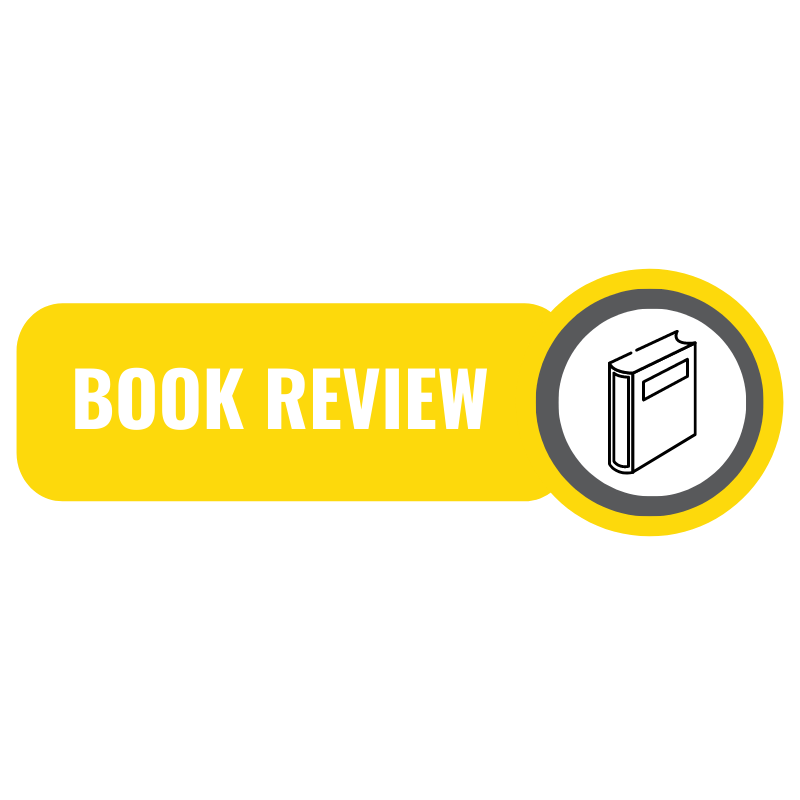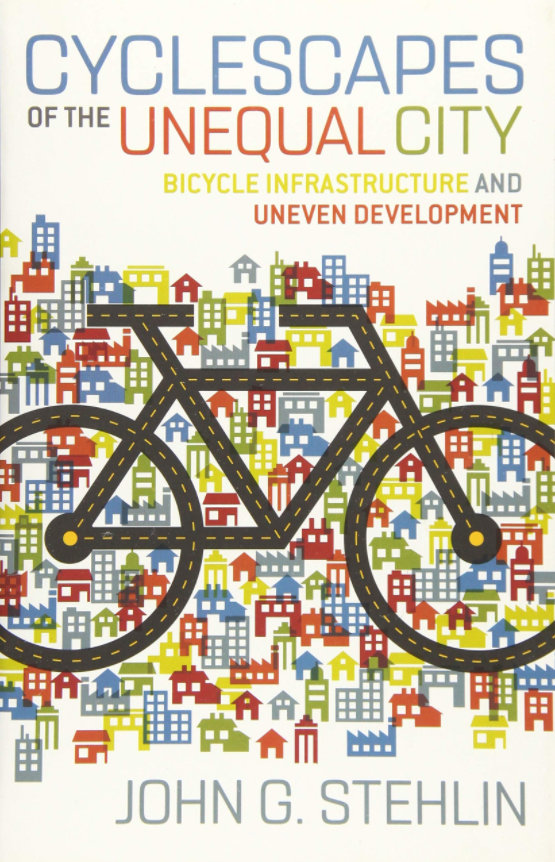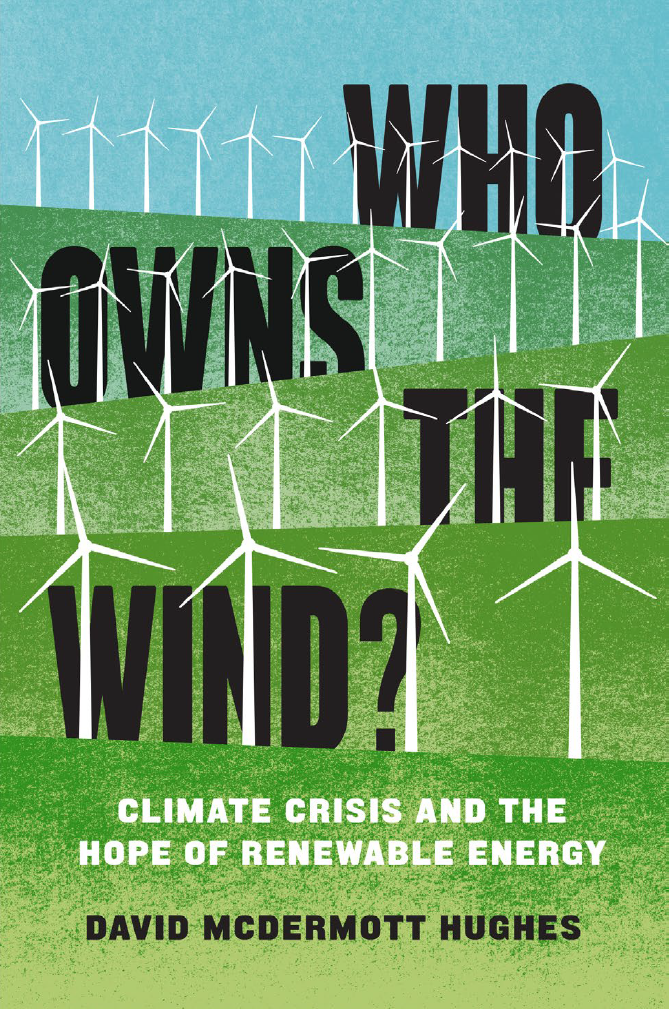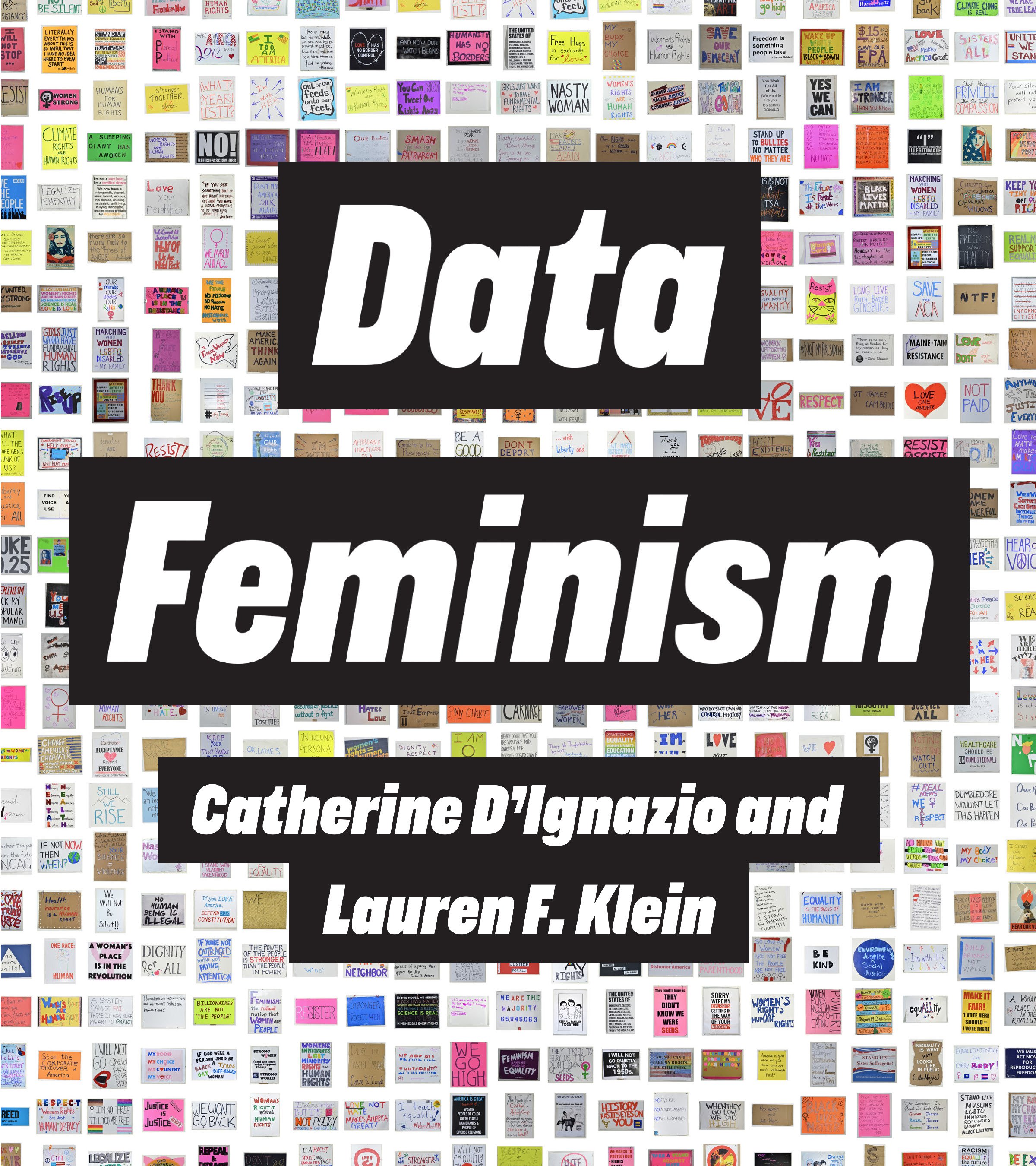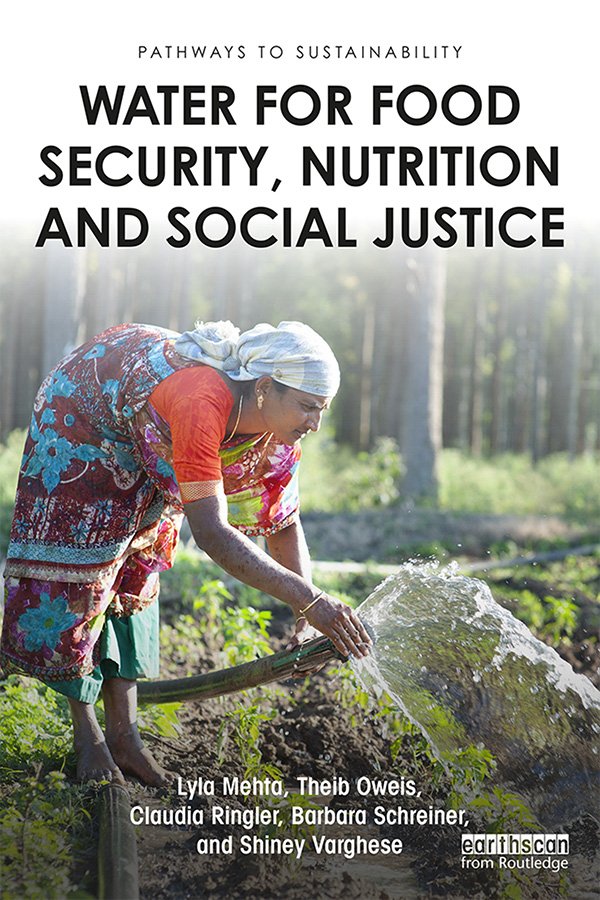FEATURED BOOKS
Furthering Fair Housing
EDITORS: MAIA WOLUCHEM, NICHOLAS KELLY, JUSTIN STEIL & LAWERENCE VALE | 2021
The editors and contributors to this volume—a mix of civil rights advocates, policymakers, and public officials—provide critical perspectives and identify promising new directions for future policies and practices. Placing the history of fair housing in the context of the centuries-long struggle for racial equity, Furthering Fair Housing shows how this policy can be revived and enhanced to advance racial equity in America’s neighborhoods.
Cyclescapes of the Unequal City: Bicycle Infrastructure and Uneven Development
AUTHOR: JOHN G. STEHLIN | OCTOBER 1, 2019
John G. Stehlin traces bicycling’s rise in popularity as a key policy solution for American cities facing the environmental, economic, and social contradictions of the previous century of sprawl. Using in-depth case studies from San Francisco, Philadelphia, and Detroit, he argues that the mission of bicycle advocacy has converged with, and reshaped, the urban growth machine around a model of livable, environmentally friendly, and innovation-based urban capitalism. While advocates envision a more sustainable city for all, the deployment of bicycle infrastructure within the framework of the neoliberal city in many ways intensifies divisions along lines of race, class, and space.
Who Owns the Wind? Climate Crisis and the Hope of Renewable Energy
AUTHOR: DAVID HUGHES | 2021
The energy transition has begun. To succeed—to replace fossil fuels with wind and solar power—that process must be fair. Otherwise, mounting popular protest against wind farms will prolong carbon pollution and deepen the climate crisis. David McDermott Hughes examines that anti-industrial, anti-corporate resistance, drawing on his time spent conducting field research in a Spanish village surrounded by wind turbines. In the lives of a community freighted with centuries of exploitation—people whom the author comes to know intimately—clean power and social justice fit together only awkwardly. A green economy will require greater efforts to get ordinary people such as these on board. Aesthetics, livelihood, property, and, most essentially, the private nature of wind resources—all these topics must be examined with fresh eyes.
Data Feminism
AUTHOR: CATHERINE D’IGNAZIO & LAUREN KLEIN | MARCH 17, 2020
Data Feminism offers strategies for data scientists seeking to learn how feminism can help them work toward justice, and for feminists who want to focus their efforts on the growing field of data science. But Data Feminism is about much more than gender. It is about power, about who has it and who doesn't, and about how those differentials of power can be challenged and changed.
The Thread of Energy
AUTHOR: MARTIN PASQUALETTI | 2022
In The Thread of Energy, Martin J. Pasqualetti homes in on this vital driver of human actions and decisions. He exposes the impact of energy according to multiple scales of measurement and assessment, from everyday applications to global entanglements. The book traces our increasing dependence on Earth's nonrenewable energy resources by comparing lifestyle changes throughout history.
Pasqualetti showcases the many ways energy infiltrates communication methods in all its forms (e.g., print, visuals, digital, etc.). The final chapters detail various approaches used by democratic societies looking to lessen their energy usage, including the critical importance of environmentally conscious policymakers.
ADDITIONAL LITERATURE
Climate Change
AUTHOR: Mike Hulme | JUNE 27, 2021
Written by a leading geographer of climate, this book offers a unique guide to students and general readers alike for making sense of this profound, far-reaching, and contested idea. It presents climate change as an idea with a past, a present, and a future.
Theories and Practices of Development
AUTHOR: Katie Willis | DECEMBER 18, 2020
The newly updated third edition provides a clear and user-friendly introduction to the complex debates around how development has been understood and achieved. It has been fully updated and expanded to reflect global political and economic shifts, as well as new approaches to development.
The Routledge Handbook of Critical Resource Geography
EDITORS: Matthew Himley, Elizabeth Havice, Gabriela Valdivia | JULY 13, 2021
This Handbook provides an essential guide to the study of resources and their role in socio-environmental change. With original contributions from more than 60 authors with expertise in a wide range of resource types and world regions, it offers a toolkit of conceptual and methodological approaches for documenting, analyzing, and reimagining resources and the worlds with which they are entangled.
Shaping Neighbourhoods
AUTHORS: Hugh Barton, Marcus Grant, Richard Guise | JUNE 30, 2021
Shaping Neighbourhoods is unique in combining all aspects of the spatial planning of neighbourhoods and towns whilst emphasising positive outcomes for people’s health and global sustainability. This new edition retains the combination of radicalism, evidence-based advice and pragmatism that made earlier editions so popular.
Cities and Affordable Housing: Planning, Design and Policy Nexus
EDITOR: Sasha Tsenkova | SEPTEMBER 7, 2021
This book provides a comparative perspective on housing and planning policies affecting the future of cities, focusing on people- and place-based outcomes using the nexus of planning, design and policy.
The Climate Planner:
Overcoming Pushback Against Local Mitigation and Adaptation Plans
AUTHOR: Jason King | AUGUST 26, 2021
The Climate Planner is about overcoming the objections to climate change mitigation and adaption that urban planners face at a local level. It shows how to draft climate plans that encounter less resistance because they involve the public, stakeholders, and decisionmakers in a way that builds trust, creates consensus, and leads to implementation.
Sustainable Brownfield Development: Building a Sustainable Future on Sites of our Polluting Past
AUTHOR: Christopher De Sousa | JULY 15, 2021
While industrial and chemical innovations have contributed extensively to human advancement, the darker part of their legacy has been the hundreds of thousands of polluted sites left behind. Governments at all levels have rallied to support the remediation and reuse of these land resources and put many of the nation’s brownfields back into productive use. This book presents two dozen brownfield projects in the United States that have incorporated sustainability, highlighting project features, best management practices, and lessons from the field regarding the underlying policies and practices that enabled these projects to be completed or, in some cases, stalled, altered or abandoned.
Disasters and Economic Recovery
AUTHOR: Davia C. Downey | JULY 6, 2021
Disasters and Economic Recovery provides perspectives on the economic issues that emerge before, during, and after natural disasters in an international context, by assessing the economic development patterns that emerge before and after disaster.
Rural Development in Practice: Evolving Challenges and Opportunities
AUTHOR: Willem van Eekelen | May 18, 2020
Rural Development in Practice focuses on the evolving nature of rural development in the Global South. It outlines how we got to where we are today, checks what we can learn from history, and explores the development drivers, facilitators, and obstacles most likely to shape the years ahead.
The Routledge Handbook of Transformative Global Studies
EDITORS: S.A. Hamed Hosseini, James Goodman, Sara C. Motta, Barry K. Gills | JULY 10, 2020
This Handbook provides an essential guide to the study of resources and their role in socio-environmental change. With original contributions from more than 60 authors with expertise in a wide range of resource types and world regions, it offers a toolkit of conceptual and methodological approaches for documenting, analyzing, and reimagining resources and the worlds with which they are entangled.
Human Security in Disease and Disaster
AUTHOR: Natasha Lindstaedt | SEPTEMBER 20, 2021
This timely new textbook lays bare the ways in which disease and disaster can turn politicians into global leaders or national liabilities. It explains the impact of crises on development and human security and explores how states and societies can respond more effectively.
The Green City and Social Injustice: 21 Tales from North America and Europe
EDITORS: Isabelle Anguelovski, James J.T. Connolly | NOVEMBER 30, 2021
The Green City and Social Injustice examines the recent urban environmental trajectory of 21 cities in Europe and North America over a 20-year period. It analyses the circumstances under which greening interventions can create a new set of inequalities for socially vulnerable residents while also failing to eliminate other environmental risks and impacts.
Adaptation Urbanism and Resilient Communities:
Transforming Streets to Address Climate Change
AUTHORS: Billy Fields, John L. Renne | MAY 4, 2021
Adaptation Urbanism and Resilient Communities outlines and explains adaptation urbanism as a theoretical framework for understanding and evaluating resilience projects in cities and relates it to pressing contemporary policy issues related to urban climate change mitigation and adaptation.
Building Innovation Capabilities for Sustainable Industrialisation: Renewable Electrification in Developing Economies
EDITORS: Rasmus Lema, Margrethe Holm Anderson, Rebecca Hanlin, Charles Nzila | NOVEMBER 16, 2021
This book argues that renewable electrification in developing countries provides important opportunities for local economic development, but new pathways are required for turning these opportunities into successful reality.
Circular Cities:
A Revolution in Urban Sustainability
AUTHOR: Jo Williams | APRIL 22, 2021
This research-based book examines the different approaches to circular development, drawing on research conducted in four European cities: Amsterdam, London, Paris and Stockholm. It explores different development pathways and levers for a circular urban transformation. It highlights the benefits of adopting a circular approach to development in cities, but acknowledges that these benefits are not shared equally across society.
Climate Justice and Non-State Actors:
Corporations, Regions, Cities, and Individuals
EDITORS: Jeremy Moss, Lachlan Umbers | JUNE 2, 2020
This book investigates the relationship between non-state actors and climate justice from a philosophical perspective. This collection represents the first attempt to systematically examine the climate duties of the most significant non-state actors – corporations, sub-national political communities, and individuals.
Water for Food Security, Nutrition and Social Justice
AUTHORS: Lyla Mehta, Theib Oweis, Claudia Ringler, Barbara Schreiner, Shiney Varghese | JULY 13, 2021
This book is the first comprehensive effort to bring together Water, Food Security and Nutrition (FSN) in a way that goes beyond the traditional focus on irrigated agriculture. Apart from looking at the role of water and sanitation for human well-being, it proposes alternative and more locally appropriate ways to address complex water management and governance challenges from the local to global levels against a backdrop of growing uncertainties.
SPONSOR RESOURCES
Routledge is also providing a discounted rate for Geography 2050 attendees. Use the code LMX02 at checkout for 20% off your order. Valid through January 1, 2022.



